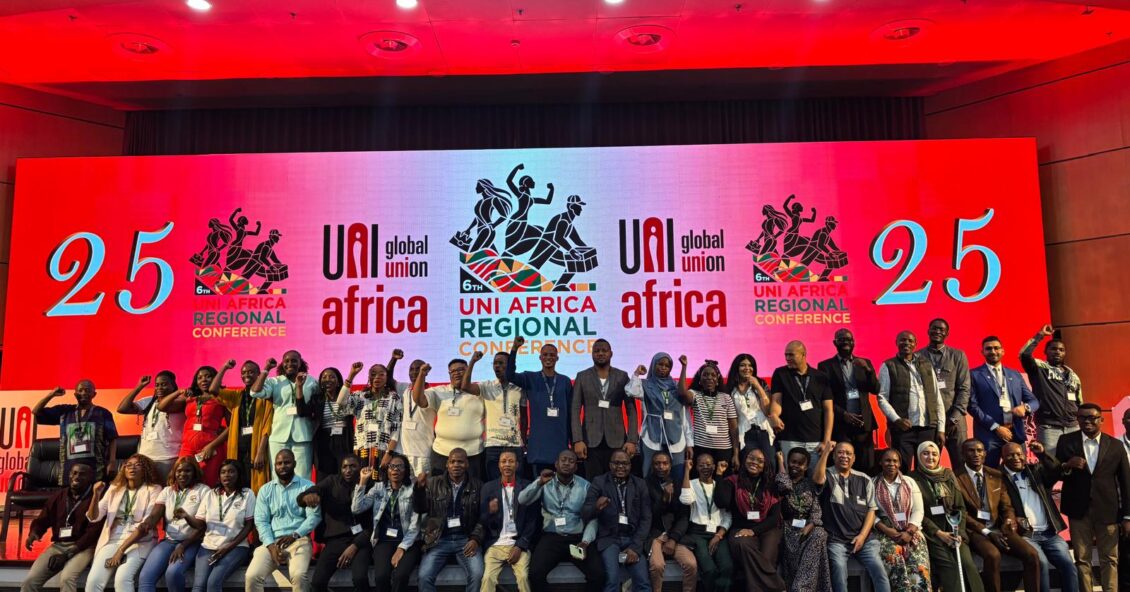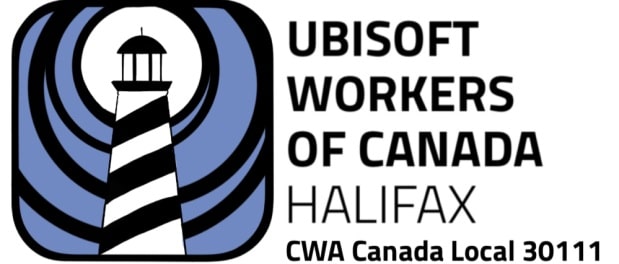Cleaners in New Zealand on the road to better pay and conditions
27.04.23
Cleaners in New Zealand have sent a document with more than 1,000 signatures to the government to start the process of bargaining a Fair Pay Agreement.
A Fair Pay Agreement means that every cleaner, no matter what company they work for, would have the same base pay and standards for health and safety, training, and more. It is bargained for between a representative for all cleaning companies and unions on behalf of workers.
After security workers, the cleaners are the latest group of workers from UNI Global Union’s New Zealand affiliate E tū to use the new legislation to initiate sector-wide collective bargaining under the Fair Pay Agreements Bill, which was passed in October 2022.
Speaking on the development, E tū leader and cleaner Iunisi Fainga’anuku said:
“I’m overjoyed and emotional. It’s like a dream come true. Fair Pay Agreements are very important, not just to me but to my whole family, because it means I’ll be able to work fewer hours and get more time to spend with my kids.
“It will also help cleaners to get health and safety training. We work with lots of different chemicals, and we worry that they might be harmful to our health.”
Assistant National Secretary at E tū Annie Newman said a Fair Pay Agreement for workers in the cleaning industry is a huge achievement:
“Pay is one of the number one issues for cleaners, as many work two or three jobs to get by. The first thing that a Fair Pay Agreement will address is securing base rates of pay for cleaners, no matter which employer they work for. This will really help to prevent employers from undercutting each other to win work contracts, which usually sees workers’ wages lowered to make the company more competitive.
“It will also mean workers’ pay rates won’t be affected if they transfer to a new cleaning company when a cleaning contract changes hands.”
Eddy Stam, UNI Global Union’s Head for Property Services, said:
“It’s very exciting to see workers take advantage of this new legislation that should have a life-changing impact on workers. Collective bargaining at the sector-wide level between employers’ representatives and unions is the most effective way for essential workers, like cleaners and security guards, to get the protection and financial recognition they deserve.”
UNI Asia & Pacific


